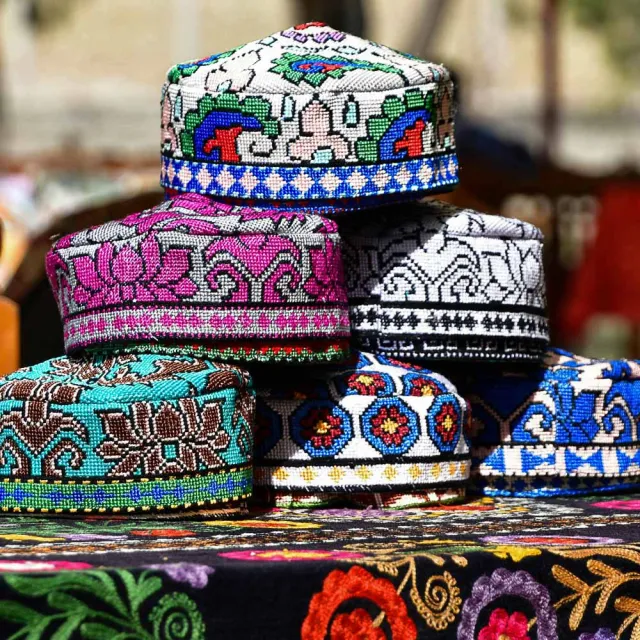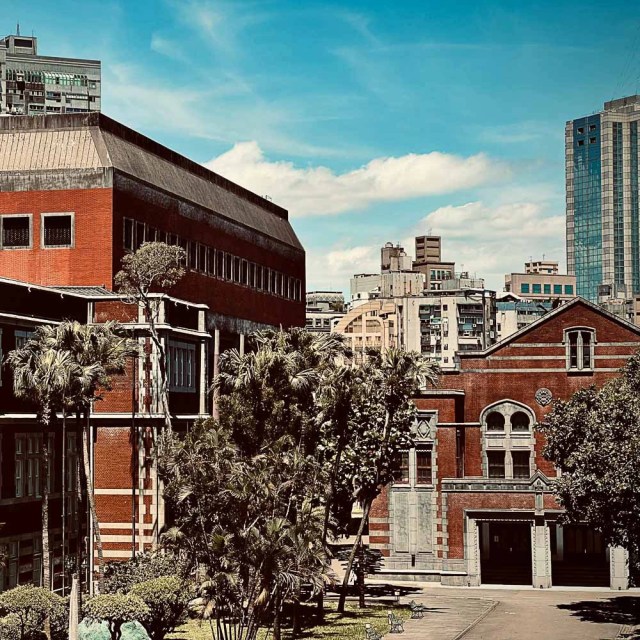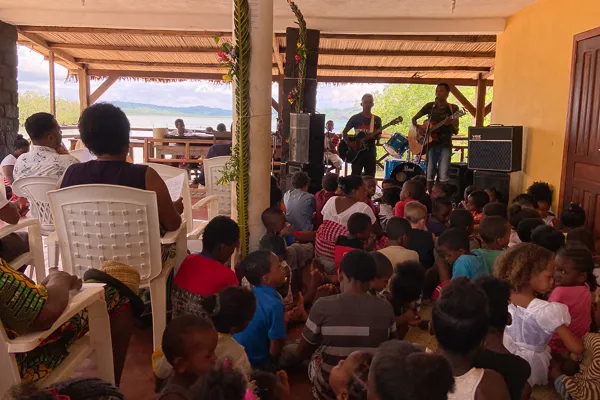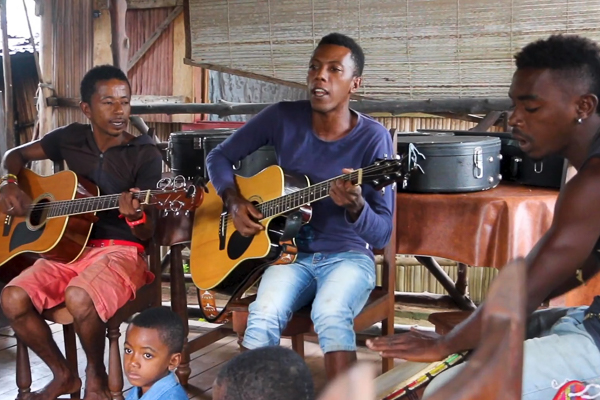Ministering to Oral Cultures in the 21st Century

Who are Oral People?
Today it is estimated that almost 5 billion people are oral learners. That is two-thirds of the world’s population.1 An oral learner is someone who chooses to learn and communicate by oral means rather than written. For the most part, being oral does not relate to education but to preference. Often these preferences are set early in life through the communication and instillation of worldview, and they help to define culture and community.
This reality calls for new thinking and new development in cross-cultural endeavors. As a result, an orality movement is emerging globally in Christian missions. Oral strategies and methods are reaching into every place, culture, and kind of ministry.
There are basically two kinds of oral learners: primary and secondary. Primary orals do not read and may not have a written language. They communicate and learn using verbal and visual means. Secondary orals are people who read but who prefer to get their information using verbal, visual, and digital means rather than by literate means. These oral people are found literally all over the world. In fact, secondary orals dominate the under 35 age group. This is not only true in Asia and Africa, but also in Europe and the Americas.
Studies in the U.S. show that 58 percent of adults never read another book after high school and 42 percent of college graduates never read another book.2 Although these stats come from the U.S., they can be matched by stats out of the U.K. and the Netherlands and very likely in the rest of the Western world.
Today most people in the world do not get their ideas from reading, but from television, radio, movies, the Internet, and social networks. These are all considered oral means of getting information. We are in a post-literate culture in which sound and image have replaced the printed word. This phenomenon is causing people to think, communicate, process information, and make decisions more like oral people.
Changing Worldviews, Not Just Behavior
In missions we work hard to understand a culture’s worldview: what they believe is real and true. Oral people define their worldview through stories. What people believe, what they value, and what they do are rooted in those stories.
Our efforts in evangelism and discipleship should be to transform the old worldview into a biblical worldview by replacing the culture’s traditional stories about what is real and true with God’s stories from the Bible. Through conventional ministry methods, people will often change their behavior and what they say they believe, without the gospel reaching the core of their worldview. When this happens, it is likely that they haven’t actually changed their worldview stories. The likely result is syncretism—professing and practicing Christianity but still being deeply tied to the old cultural worldview so that there is a blending of beliefs. Most of us in missions have struggled with this issue throughout our ministries.
Barriers and Bridges
Unfortunately our traditional methods of teaching can actually inhibit the kind of learning and change needed for one’s salvation and discipleship. The people we minister to may misunderstand the gospel, faith, and the Christian life. This can cause both barriers and bridges in our communication and our ministries.
One of the barriers relates to how we communicate. Normally our ministry methods and materials are very literate. Our approaches utilize a book—the Bible, a commentary, a tract, a study book. Our presentations are literate in that we teach in logical lists and outlines and processes. They are often very content-oriented with little interaction, little personal interchange of ideas and experiences, and little interpersonal relationship. So even in our one-on-one time we may not be communicating adequately for understanding and change. The fact is when we insist on speaking from our context, in our way, they often hear the wrong thing or don’t hear at all.
Consequently we need to find bridges to communication and understanding, seeking to appreciate the culture and to identify worldview issues for effective gospel witness. One very significant bridge and ministry tool is Bible “storying.” This is currently being used around the world in ministries of evangelism, discipleship, church-planting, leadership training, theological education, as well as ministries of mercy and justice.
Storying
Stories are the way oral people learn best because it accommodates their learning preference and learning style. This medium of communication and training has been used throughout history and in every culture. With this and the fact that 75 percent of the Bible is narrative (history, stories, parables, etc.), it seems clear that Bible “storying” and oral study are important skills for anyone ministering to oral people. The Master Teacher used story in much of His teaching and preaching about the kingdom and kingdom life. Tom Steffan, in his article entitled “Storytelling” in the Evangelical Dictionary of World Missions, says, “No more powerful teaching or research tool exists than that of storytelling … this communication mode is trans-historical, trans-generational, trans-gender, trans-cultural, and trans-disciplinary.”3
=======================================================
The Advantages of Using Story and Study
1. It guards the integrity of Scripture, if told correctly and understandably without changing its meaning. We don’t mix our ideas or opinions with the story. We don’t recite memory verses. We just tell the story.
2. It protects the embedded theology from violations, fanciful interpretations, and applications. The teller and the hearers are limited to the story and to what it teaches. So the boundaries that the story provides guards the biblical truth that’s there.
3. It is reproducible. When told accurately and clearly in the language of the hearers, they will naturally retell the story to friends and family. They’re also more likely to think about what’s in the story and take the meaning with them as well.
4. People love a story! They are fun, gripping, and memorable. We have found that those who attend our orality workshop love learning and telling the stories and easily discover ministry opportunities in their context for using this new skill.
Tom Austin and his wife Ann lead a workshop through MTW’s Global Training and Development team that trains in Bible “storying” and oral inductive Bible study. For more information about this workshop, email [email protected] or visit gtdtraining.org.
_________________________________
1Making Disciples of Oral Learners. LCWE and ION, 2005, p. 3.
2Ibid, p. 55.
3Tom Steffan. “Storytelling.” Evangelical Dictionary of World Missions. Baker Books, 2000, p. 909.





